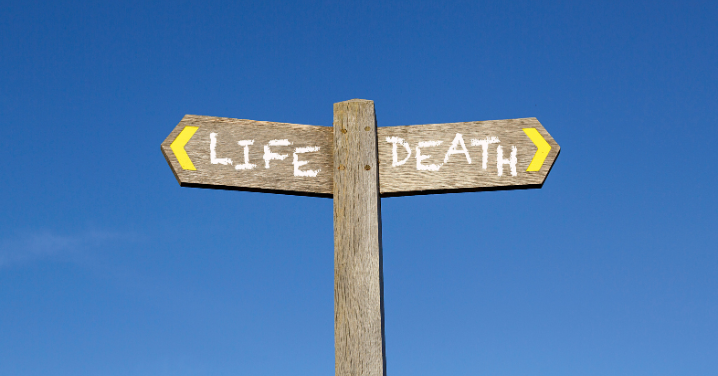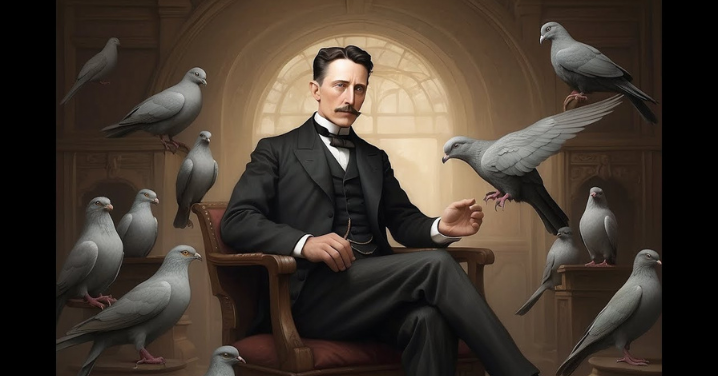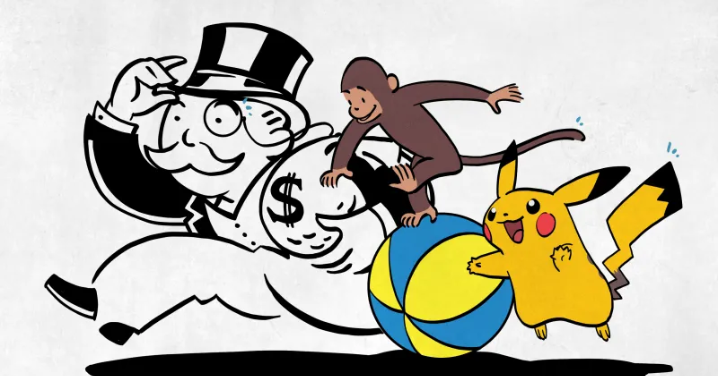
There’s something profoundly human about the way we view death. For centuries, death has been cloaked in fear, shrouded in mystery, and often kept at arm’s length in everyday conversation. It’s a topic that makes many of us uncomfortable, a subject we avoid at all costs, either because we’re terrified of it or because we believe that talking about it will somehow hasten its arrival. But what if I told you that embracing death, confronting it head-on, could actually make life more meaningful? What if by acknowledging our mortality, we could find greater joy, deeper connection, and a more genuine appreciation for the time we have?
The Death Positive movement is slowly gaining traction, and it’s bringing with it an invitation for us to reframe our understanding of death—not as something to be feared, but as a natural part of life that can teach us invaluable lessons. The movement is challenging the conventional taboo surrounding death and inviting us to talk about it openly, honestly, and without shame. It encourages us to take control of our final moments, to plan for them thoughtfully, and to engage in discussions that ultimately lead to a deeper, more meaningful life.
At first glance, it may seem strange—why would anyone want to confront their mortality? But in reality, it’s not about being morbid or fixating on the inevitable. It’s about understanding that death is as much a part of the human experience as birth. It’s the bookend to our story, the punctuation that gives our life its meaning. In learning to live with the knowledge that our time is finite, we come to appreciate it in a way that we may never have otherwise.
Consider this: when we embrace death, we don’t just embrace the end, but we also learn to cherish every moment leading up to it. Our finite nature reminds us that time is precious. If we go through life pretending that death is some distant, abstract event that won’t touch us for many years, we miss out on the opportunity to live with intention. We take life for granted. But when we acknowledge that death is as certain as birth, we are given the chance to live more fully, with a sense of urgency and a deeper appreciation for the present moment.
Think of the people who inspire us most—the ones who live their lives with purpose, with love, with kindness. They know their time is limited, and that knowledge drives them to do their best, to be their best, every single day. When we embrace the concept of our own mortality, we, too, are more likely to live authentically. We stop sweating the small stuff. We stop putting off the things that truly matter, and we start having the difficult conversations we’ve been avoiding.
I often think about the people I’ve lost and how they lived. Their deaths didn’t just bring sorrow; they also brought clarity. I’ve learned that mourning doesn’t just honour the loss, it honours the life that was lived—its beauty, its complexity, its triumphs, and its struggles. If we could be more open about death, we could also be more open about life. We could share more of ourselves with others, knowing that our time here is limited. The awareness of death allows us to appreciate every laugh, every tear, every hug. It encourages us to take risks, to embrace love, to pursue the things that matter most.
The fear of death, however, is not just about our own mortality. It’s also about the unknown—what comes after, what happens to our loved ones, and how we will be remembered. This fear is understandable, but it’s also paralyzing. When we allow ourselves to engage with it directly, to talk about it openly, we take away its power over us. Death loses its grip on our minds when we stop viewing it as something to avoid at all costs, and start seeing it as something that is as much a part of the human experience as birth or love or pain.
By talking about death openly, we create spaces for deeper connections. We can be more present for those around us, because we recognise that our time together is limited. We can support each other through grief in ways that honour the complexity of the emotions we all feel when faced with loss. We can stop pretending to have all the answers and instead be honest about the things we don’t know. We can create a culture that values vulnerability, where we are able to talk about our fears without shame, and where we can support each other in our shared humanity.
The idea of being death-positive isn’t about accepting death with resignation or defeat, nor is it about seeking out death prematurely. It’s about living in such a way that the awareness of mortality gives us the courage to live better, fuller lives. It’s about acknowledging the fragility of life and choosing, in every moment, to do the things that matter—to love, to connect, to create, to laugh, and yes, even to grieve.
Some people might argue that focusing on death might make us sadder, more anxious. But I believe the opposite is true. When we confront our fear of death, we no longer let it control us. We take the power away from the unknown, and we reclaim our ability to live fully in the now. The death-positive movement isn’t about wallowing in sorrow; it’s about transforming how we think about life by fully recognising the impermanence of everything.
Perhaps the most profound aspect of the death-positive movement is how it forces us to reconsider our relationships—not just with death, but with one another. If we truly understood how precious and fleeting life is, perhaps we would show each other more kindness, more understanding, and more patience. Perhaps we would stop wasting time on petty grievances and instead focus on the things that really matter—the people we love, the experiences we cherish, and the memories we make along the way.
It’s not an easy thing to face our mortality. But it’s a necessary step in embracing life to the fullest. The truth is that we are all going to die one day. It’s the one certainty in life that none of us can escape. But instead of letting that fact fill us with dread, we can use it to propel us toward a life filled with purpose, meaning, and connection. Death is not the enemy. The fear of death is. And when we break free from that fear, we open ourselves up to a richer, more meaningful existence.
The way we live our lives should be guided not by fear, but by the desire to live with intention, with love, and with purpose. When we stop running from death, we begin to see that the very fact of our mortality is what makes life so precious. So let’s stop avoiding the conversation. Let’s open our hearts to the inevitable, and in doing so, let’s open our hearts to life. Let’s talk about death. Let’s embrace it, not as a spectre that haunts us, but as a companion that encourages us to live as fully as we can, for as long as we can.
So, what’s your relationship with death? Is it one of fear, of avoidance, of discomfort? Or is it one that allows you to fully embrace the beautiful, messy, and short life you’ve been given? The way you view death affects the way you live. The more we can accept its inevitability, the more we can make the most of every single breath we take, and that, I believe, is what makes life truly meaningful.



